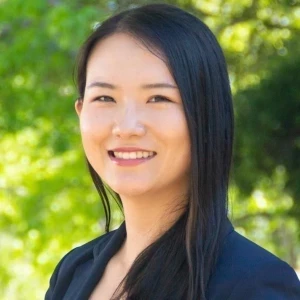Hello everyone,
I am a 33-year-old Business Unit leader at a bank, with 8 years of experience at a Big4 firm where I reached Manager level in the Risk & Regulatory Advisory division. I’m posting to seek advice on building meaningful professional relationships with Partners and Associate Partners at top-tier consulting firms (e.g. MBB, Oliver Wyman, Roland Berger). My goal is both to stay up-to-date with industry best practices and to explore possible future career opportunities at these firms.
I would greatly appreciate any practical strategies on:
- Initiating contact: How to reach out to senior consultants (even via cold LinkedIn messages or during industry events) in a respectful and engaging way.
- Building and maintaining relationships: Tips for following up, nurturing the connection over time, and staying on their radar without being intrusive.
- Providing value: Ways I can share insights or help these contacts, rather than only asking for help or favors.
- Pitfalls to avoid: Common mistakes people make when networking with busy senior consultants.
Thank you in advance for your insights and suggestions. I look forward to learning from the community’s experience.
Best regards














